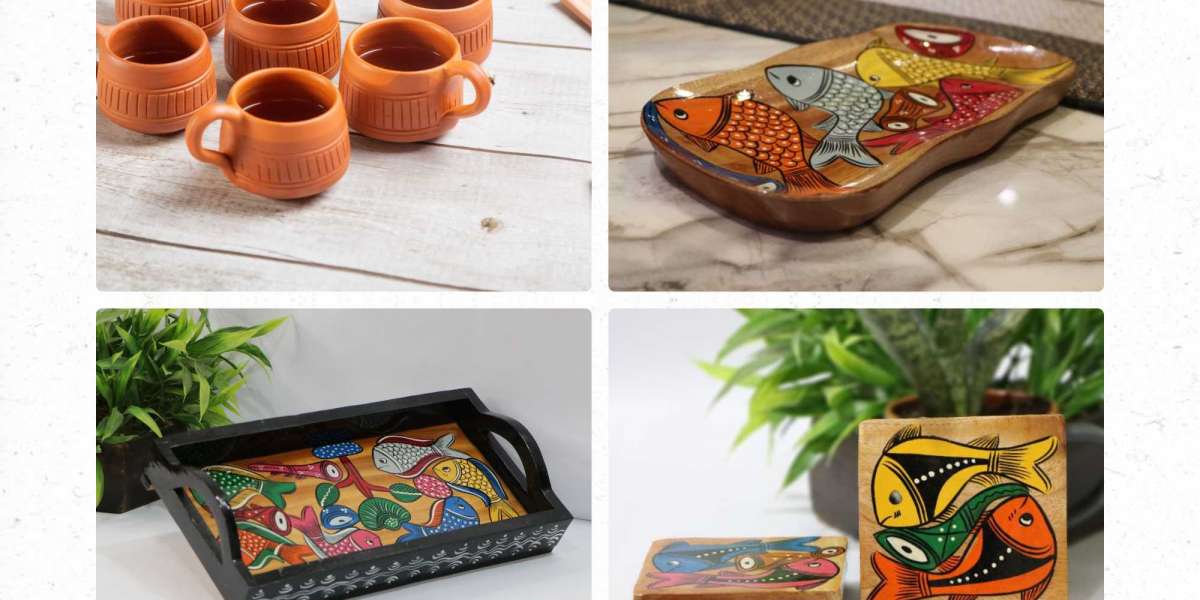India's Rich Heritage in Handicrafts
India has a rich and diverse heritage of handicrafts that dates back centuries. From intricate jewelry to beautifully embroidered textiles, India's artisans have been crafting exquisite pieces of art that showcase the country's cultural diversity. These handcrafted treasures not only hold sentimental value but also have a significant global impact.
Preservation of Traditional Skills
Keeping Traditions Alive
One of the most notable contributions of Indian handicrafts to the world is the preservation of traditional skills. Artisans across India are known for their mastery in various crafts like pottery, woodwork, and metalwork. By continuing these age-old traditions, they ensure that ancient techniques are not lost to time.
Economic Empowerment
Creating Livelihoods
Indian handicrafts also play a vital role in the country's economy. They provide livelihoods for millions of artisans, particularly in rural areas. This economic empowerment not only improves their standard of living but also contributes to the overall development of their communities.
Promotion of Sustainable Practices
Eco-Friendly Creations
In a world increasingly concerned about sustainability, Indian handicrafts have gained recognition for their eco-friendly nature. Many artisans use natural, locally-sourced materials, reducing the carbon footprint associated with mass-produced items. This promotes sustainable consumption and production.
Cultural Diplomacy
Spreading Indian Culture Worldwide
Indian handicrafts act as cultural ambassadors, showcasing India's diverse traditions and artistry to the world. When people from different countries buy Indian handicrafts, they connect with India's rich culture and heritage, fostering cultural understanding and exchange.
Support for Fair Trade
Ethical Practices
The global demand for Indian handicrafts has encouraged the growth of fair trade practices. Fair trade ensures that artisans receive fair compensation for their work and work in safe conditions. This promotes ethical production and consumer choices.
Conclusion
Indian handicrafts have a far-reaching impact beyond their artistic and aesthetic value. They preserve traditional skills, boost the economy, promote sustainability, and serve as cultural ambassadors. By supporting Indian handicrafts, we contribute to the global recognition of India's artistic legacy while empowering artisans and fostering ethical practices.






